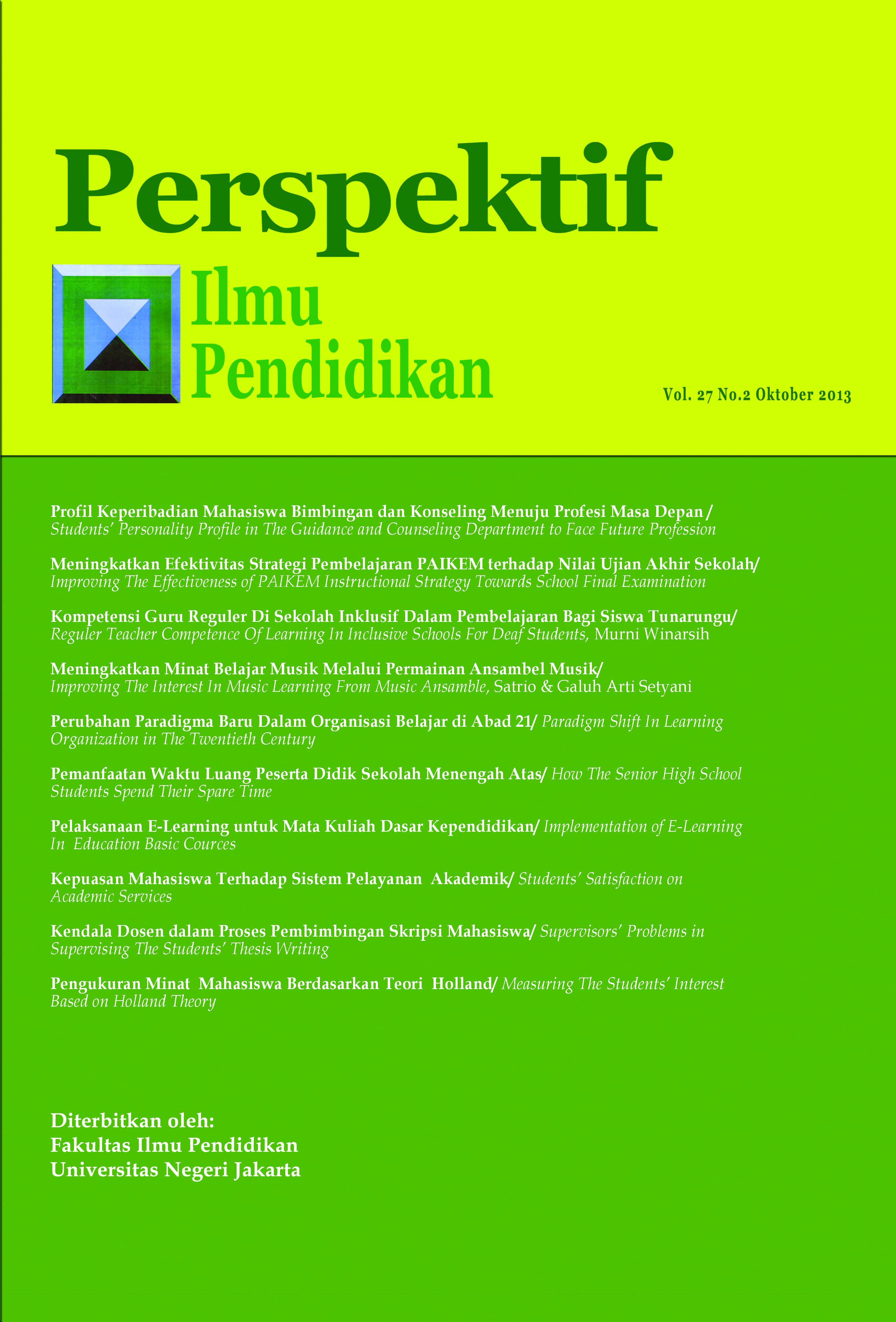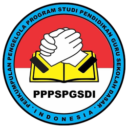PERUBAHAN PARADIGMA DALAM ORGANISASI BELAJAR DI ABAD 21
DOI:
https://doi.org/10.21009/PIP.272.5Keywords:
paradigm, globalization, learning organization, leadershipAbstract
The fast development of advance science and technology in the twentieth century has forced the people to change and adjust their ways of thinking and acting. Any society or nation does not adjust themselves to the changes around them will be left behind and isolated. As the effect of the radical changes, the social and commercial organizations are demanded to change to be able to survive and develop. The problem is how to manage and lead the organizations properly applying the new paradigm of the twentieth century. This article critically discusses the paradigm shift in the twentieth century resulted by the fast development of science and technology and in the other side it brought some problems such as borderless nations or globalization. The deductive and inductive analysis of the problems in this article concludes that educational organizations in particular should be proactive and absorb the positive changes occurring in their environment and in the world. Management and leadership within the educational institution should be based on the learning organization principles to survive, develop, and complete.
Downloads
Published
How to Cite
Issue
Section
License
Authors who publish with this Journal agree to the following terms:
- Author retain copyright and grant the journal right of first publication with the work simultaneously licensed under a creative commons attribution licensethat allow others to share the work within an acknowledgement of the work’s authorship and initial publication of this journal.
- Authors are able to enter into separate, additional contractual arrangementfor the non-exclusive distribution of the journal’s published version of the work (e.g. acknowledgement of its initial publication in this journal).
- Authors are permitted and encouraged to post their work online(e.g. in institutional repositories or on their websites) prior to and during the submission process, as it can lead to productive exchanges, as well as earlier and greater citation of published works.
-
Users/public use of this website will be licensed to CC BY-NC-SA Creative Commons Attribution-NonCommercial-ShareAlike 4.0 International License












